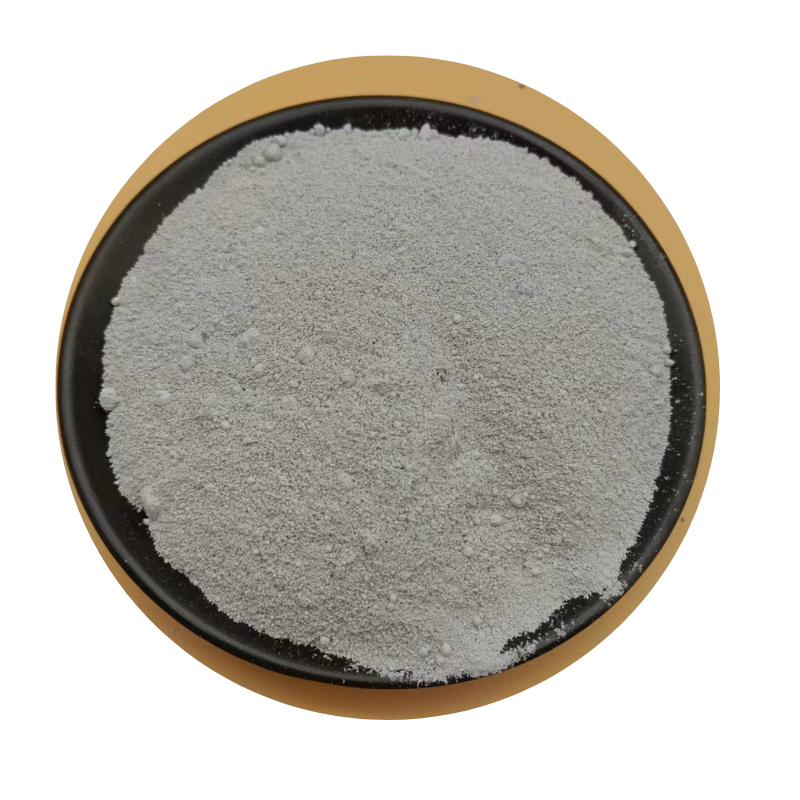
Everyday Life Applications of Common Inorganic Compounds and Their Examples
Inorganic Compounds in Everyday Life
Inorganic compounds are substances that do not contain carbon-hydrogen bonds, distinguishing them from organic compounds. Despite their name, inorganic compounds play a significant role in our daily lives, and their presence is pervasive in various contexts, from household products to biological processes. Understanding some common examples of these compounds can illustrate their importance and versatility.
One of the most widely encountered inorganic compounds is water, or H₂O. It is essential for all forms of life, serving as a solvent for biochemical reactions, transporting nutrients, and regulating temperature in organisms. Water is not only crucial for drinking but also for cooking, cleaning, and sanitation, making it integral to our daily routines.
Another familiar inorganic compound is sodium chloride, commonly known as table salt. With the chemical formula NaCl, this compound is essential for human health, as it helps regulate fluid balance and nerve function. Salt is used not only for seasoning food but also as a preservative, enabling the storage of everything from meats to vegetables, thereby extending their shelf-life.
In the realm of agriculture, inorganic compounds such as ammonium nitrate (NH₄NO₃) are vital as fertilizers. This compound provides essential nutrients like nitrogen, which is crucial for plant growth. The application of ammonium nitrate helps enhance crop yields, supporting food production in an increasingly populated world. However, responsible usage is necessary, as excess application can lead to environmental issues such as water pollution.
inorganic compounds examples everyday life

Moreover, many cleaning products contain inorganic compounds. For instance, sodium bicarbonate (baking soda) is a versatile compound used for cleaning and deodorizing due to its mild abrasiveness and ability to neutralize odors. Another example is hydrochloric acid (HCl), found in some household cleaning agents, effective for removing rust and stains due to its strong acidic properties. These compounds help maintain hygiene and cleanliness in our homes.
In the field of health, inorganic compounds such as magnesium sulfate (Epsom salt) are used in baths to relieve muscle soreness and promote relaxation. Additionally, compounds like ferrous sulfate (FeSO₄) are utilized as iron supplements to combat anemia, highlighting the role of inorganic substances in medical treatments.
Metals, being a class of inorganic compounds, are also prevalent in everyday life. For example, iron, aluminum, and copper are used in various applications—from construction and manufacturing to electrical wiring and cookware. These metals are indispensable due to their strength, conductivity, and durability.
In conclusion, inorganic compounds are integral to numerous aspects of our daily lives. From the water we drink and the salt we use in cooking to the fertilizers that support agriculture and the cleaning products that help us maintain hygiene, these compounds significantly impact our health, environment, and well-being. Their versatility and essential functions highlight their importance in our everyday existence, reminding us that even substances labeled as inorganic can have a profound connection to organic life.
Share
-
Vermiculite Wholesale – Premium Quality, Bulk Supply & Competitive PricingNewsJun.10,2025
-
Premium Glass Pebbles Custom Glass Pebbles Factory & OEM Manufacturer Reliable Custom Glass Pebbles FactoriesNewsJun.10,2025
-
Expert Custom Zeolite Producers Manufacturers & FactoriesNewsJun.10,2025
-
Custom Glow in the Dark Beads High-Quality Custom ManufacturersNewsJun.10,2025
-
China Ceramsite Balls Factory - Lightweight & Durable Media Solutions ManufacturerNewsJun.09,2025
-
Custom Matte Mica Powder Manufacturers High Quality & AffordableNewsJun.09,2025






